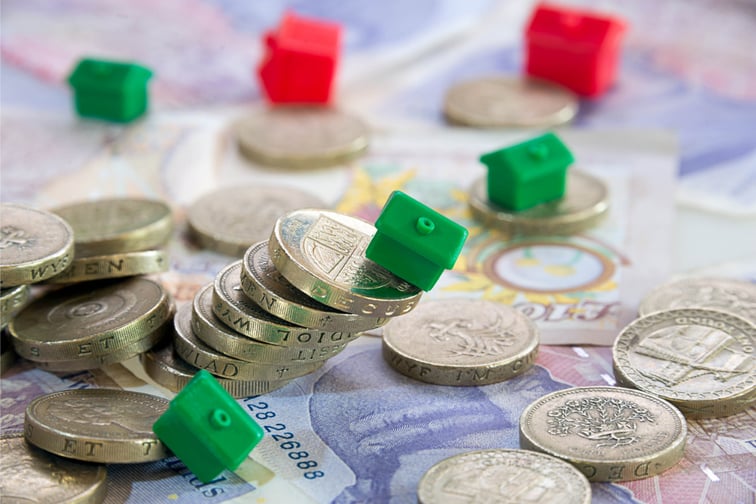

Australian house prices already on a steep decline would likely dip further next year, with Reuters poll of analysts predicting a peak-to-trough slump of 16% – that’s more than double the correction during the 2008 financial crisis.
During the pandemic, home values across Australia were up 25%, driven by near-zero interest rates and a shortage of housing supply, increasing homeowners’ wealth, but making homeownership out of reach for many first-time buyers.
But with the Reserve Bank lifting the OCR by 275 basis points this year to a nine-year high of 2.85%, with further hikes expected to curtail inflation, this has, in turn, cooled down house prices, pressuring the RBA to downshift to smaller rate hikes over concerns that an aggressive tightening would hurt consumer spending, in an economy where a lot of wealth was tied up in housing, Reuters reported.
Since the financial crisis, Australian house prices have nearly doubled, but that boom has resulted in a build-up of household debt that could put people’s financial stability at risk.
Despite a 6.5% slump in average house prices since a peak late last year, they are still well above pre-pandemic levels.
“We expect a peak-to-trough housing fall of 15-20% and this should be considered an orderly descent,” said Adelaide Timbrell, senior economist at ANZ. “Strengthening population growth driven by immigration, as well as favourable labour market conditions will be protective factors against a more rapid decrease in prices or a crash.”
A peak-to-trough correction was estimated to be in the wide range of 13%-28% in the Nov. 9-24 Reuters poll, highlighting the uncertainty.
On a calendar year basis, average home prices were predicted to fall 7.3% this year, then 9% in 2023.
While lower house prices would help improve affordability; for recent homeowners, it would mean capital decline and higher repayments as interest rates rise.
“It is crystal clear that the RBA is now focussed on developments in the housing market,” said Gareth Aird, head of Australian economics at CBA. “And their tightening cycle from here will determine how much further home prices will fall.”
To make Australian housing affordable, AMP, ANZ, Knight Frank, and Macquarie estimated average house prices would have to fall between 25% and 45%.
“A substantial reversal would be required to make homes somewhat affordable,” Timbrell said.
In Sydney, the world's second-least affordable housing market after Hong Kong, property prices were predicted to drop 6%-6.5% next year after a 12% and 8.5% decline this year, respectively.
In Brisbane, Adelaide and Perth, prices were expected to fall 7%, 6.5%, and 5%, respectively, next year, Reuters reported.
What’s your take on the issue? Share it in the comments section below.
